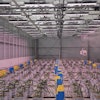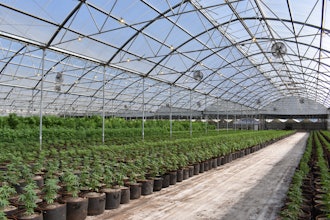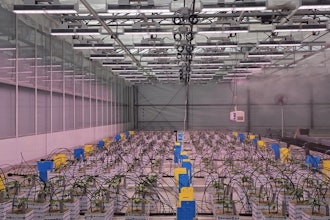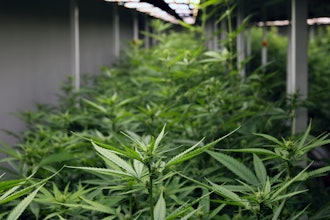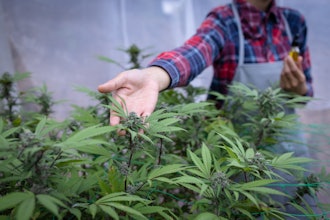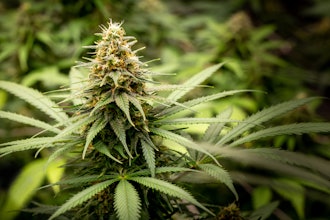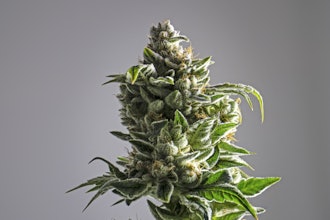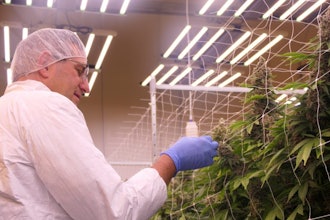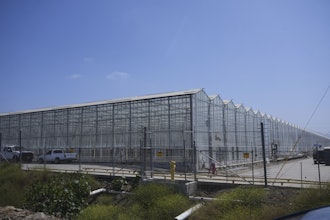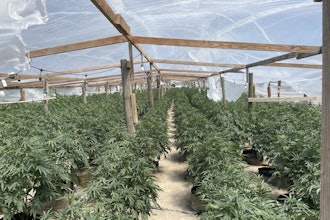
The Missouri Division of Cannabis Regulation (DCR) last month issued a mandatory product recall for products made by Delta Extraction.
According to the DCR, the products weren't compliantly tracked in the state's Metrc system, so the agency couldn't verify that the products came from Missouri cannabis or passed required testing.
In this exclusive in-depth interview, Lezli Engelking, president and founder of cannabis health and safety organization FOCUS, discusses the unfortunate situations and miscommunications that led to the multi-million-dollar mess in Missouri.
Cannabis Equipment News: What do you make of the cannabis recall mess in Missouri?
Lezli Engelking: It is an extremely complex and nuanced situation with multiple layers and issues. The recall is actually a secondary action. Initially, DCR placed an administrative hold on 63,000 SKUs (some with multiple units) and mandated that Delta cease all manufacturing operations while they investigated.
Specifically, the hold notice said, "DCR has determined there is a credible and imminent threat to public health that warrants placing product within this Licensee's inventory on administrative hold."
The entire situation centers around Metrc data and a change in regulations during Missouri's transition from medical to adult use. Emergency adult-use regulations were in effect from February 3 to July 29, 2023. On July 30, 2023, the current adult-use rules went into effect.
Just a few days later, on August 2, 2023, DCR showed up at the facility and mandated the administrative hold. However, it wasn't until August 14 that a recall was ordered.
DCR believes that the licensee had untraceable biomass in the facility back in 2021 and was using that biomass to make products. Specifically, DCR stated that "the licensee failed to ensure that all marijuana products sold in Missouri originated from marijuana grown and cultivated in a licensed cultivation facility located in Missouri, which violates state law.
They are saying there was "inversion," but one of the issues is that the state neglected to include a definition for inversion within the regulations.
DCR is citing Metrc data all the way back from 2021, as well as two instances in 2022, and interestingly, one they cited in legal filings as taking place in November 2023.
With the exception of the date that has not happened yet, all of these specific instances in question cited by the state occurred when the industry followed medical regulations, which had different requirements than what is trying to be enforced in this situation.
Podcast: Cannabis Industry 'Drinking Out of a Fire Hose'
CEN: Who is at fault?
Engelking: I suspect this is a decision we will have to leave up to the courts to decide. There are problems with both sides, in my opinion. The biggest problem overall is a lack of transparency, communication and collaboration between the state and the licensee.
DCR had approved every SOP being used by the licensee, including those SOPs that involve using hemp-derived CBD biomass. If anyone from the Missouri Department of Health and Senior Services or DCR had looked, they would have seen the biomass in 2021. However, the rules in 2021 and 2022 didn't prohibit bringing ingredients and additives from out of state, even though the emergency and current rules now do.
Additionally, every product that was recalled has undergone and passed state-mandated testing. There is no issue or question about the testing results.
DCR believes these products are a risk to public health and safety because the data entered in Metrc over the past few years do not conform with the requirements within the new rules.
CEN: Is there any way for the recalled products to become compliant? Will the products likely be destroyed?
Engelking: Compliant or Safe? Compliance is completely different than safety. Compliance strictly involves the law. As such, it will be left up to the courts to decide if the products can be returned to a compliant status or if they must be destroyed.
As to safety, it is still not clear that the products in question are unsafe. Every product involved has passed all state-mandated testing both in process and as final products. There have been no complaints or adverse events from patients or customers surrounding the products since they were made back in 2021. Since the recall, there have only been approximately 20 returns statewide.
Even though the situation hasn't been detrimental to patients and consumers, the risks to health and safety just aren't being seen. However, it has caused extreme disruption in both operations and revenues for not only Missouri licensees but also for the many out-of-state cannabis businesses that partner with Missouri licensees.
CEN: Any idea on the estimated value of the products?
Engelking: Initially, the cost was estimated to be around $1 million, but additional information about the volume of products and pricing from the licensee puts the value around $30 million.
CEN: What can the industry learn from this situation?
Engelking: We've all heard the saying, If you didn't document it, it didn't happen. In cannabis right now, that statement needs to be amended to say if you didn't document it accurately, it didn't happen.
This whole issue could have been so much less traumatic and costly for everyone involved if actual communication was happening between the state agency and licensees. Communication has happened through administrative hearings and court filings, not direct contact.
Each side is working to defend its position, rather than find an overall resolution to the problem. If the goal is protecting the health and safety or patients, consumers and employees, it is critical that state agencies overseeing these programs are able to build collaborative relationships with open communication so everyone can learn and improve together.
State agencies also need training overall. Neither cannabis regulators nor inspectors are required to have any specific training to do their jobs. Because of this, FOCUS has been training inspectors in partnership with the Association of Food and Drug Officials for many years. We have even offered all state agencies complimentary access to our internationally accredited Quality Management System Training. For whatever reason, the majority of states have not shown any interest.
Licensees and their employees need better training as well. When a cannabis program launches, states require employees to undergo training approved by the state. This training is simply an overview of the regulations. The problem is cannabis regulations change daily, and state-level training providers aren't monitored to ensure they have updated training to include all requirements within the updated rules.
We also need a better system [than Metrc]. There are dozens of ways for inversion and diversion to happen in Metrc — it isn't difficult or complicated. If the health and safety of consumers is ultimately decided by a technology solution, we need a better solution. If Metrc is going to continue to be used to determine risks to health and safety, then it is imperative that they train not only regulators, but every inspector reviewing records, as well as licensees and their employees using the system.
Finally, we need to solve problems with hemp-derived cannabinoids. These compounds are a huge issue federally that was caused by the changes to the 2018 Farm Bill. It is an issue being grappled with and handled differently by every state. It is one of the many reasons the U.S. desperately needs to regulate cannabis federally.
If this action was DCR's attempt to get any hemp-derived products out of the program, it would have better served them to make that point explicitly clear to every licensee in the program instead of burying the attempt within administrative rules.
The situation is ongoing and DHS has granted Delta Extraction an extension for another 30 days.


